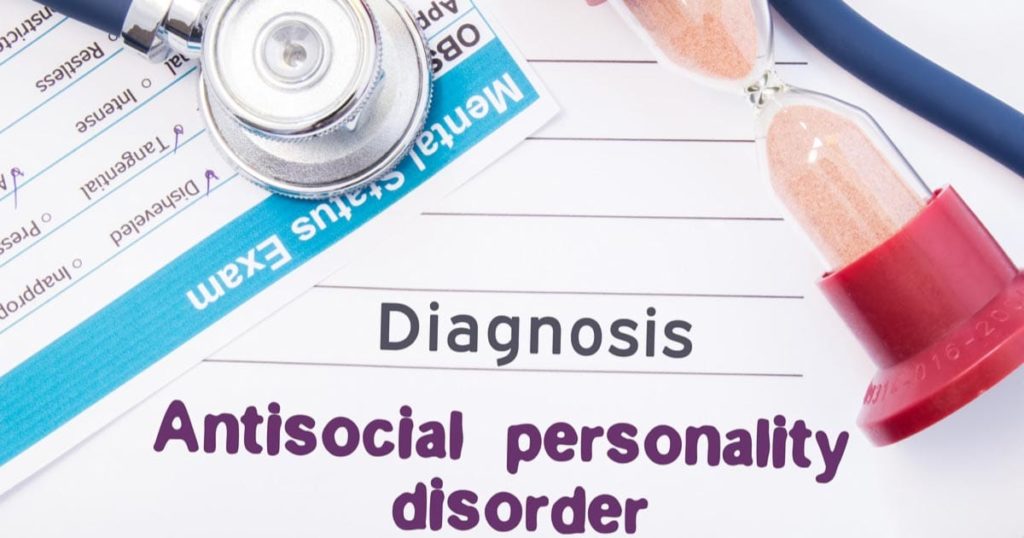It can be difficult to determine whether or not you have antisocial personality disorder, since this diagnosis is based on identifying behaviors, not emotions, as problematic. People receiving antisocial personality disorder treatment can learn to change those behaviors, but they first must own up to the fact that they do exist. It can be difficult for someone with antisocial personality disorder to see his or her own behavior as a problem. If you are not sure if you fit the bill, you may wish to ask people who know you well: your friends, your therapist, a probation officer if you have one or other people familiar with your behavior.
- Do you try to manipulate people for your own gain? Do you do this using either charm, humor or intimidation? People who need antisocial personality disorder treatment tend to manipulate others frequently, usually for some sort of personal gain.
- When you’ve done things that have hurt other people, do you feel sad, guilty or sorry about it? Lack of remorse for hurting others is a key symptom of antisocial personality disorder.
- Are you impatient when hearing other people’s opinions? Is it hard for you to respect others’ thoughts, feelings or rights? Do people call you arrogant or complain that you act superior?
- Are you spontaneous and impulsive? This may be a fun personal attribute in some ways, but has it included engaging in dangerous behaviors? Illegal activities?
- What are your relationships like? Do you have lots of acquaintances but few close friends? Do you tend to keep people at arm’s length? If you have a partner, girlfriend, or boyfriend, how would he or she describe you: are you hostile, abusive, irritable or a bully? People with antisocial personality disorder tend to have troubled relationships, in which those closest to them often feel abused and bullied.
If you recognize yourself in these behaviors, that’s a great first step. It can be hard to take that next step and seek treatment, but with help life gets much better. And who knows, you may find that you really enjoy the process of learning more about yourself and what makes you tick! https://www.mayoclinic.org/diseases-conditions/antisocial-personality-disorder/symptoms-causes/dxc-20198978https://www.medicinenet.com/antisocial_personality_disorder/article.htmhttps://blogs.psychcentral.com/mental-health-awareness/2015/03/antisocial-personality-disorder/



